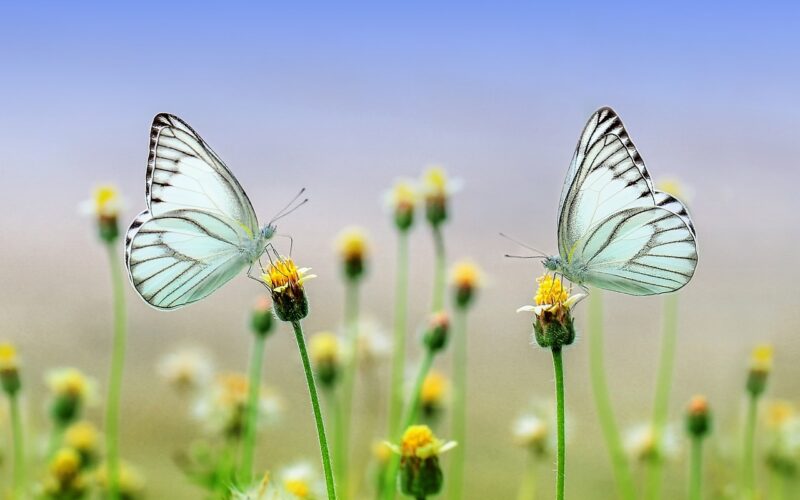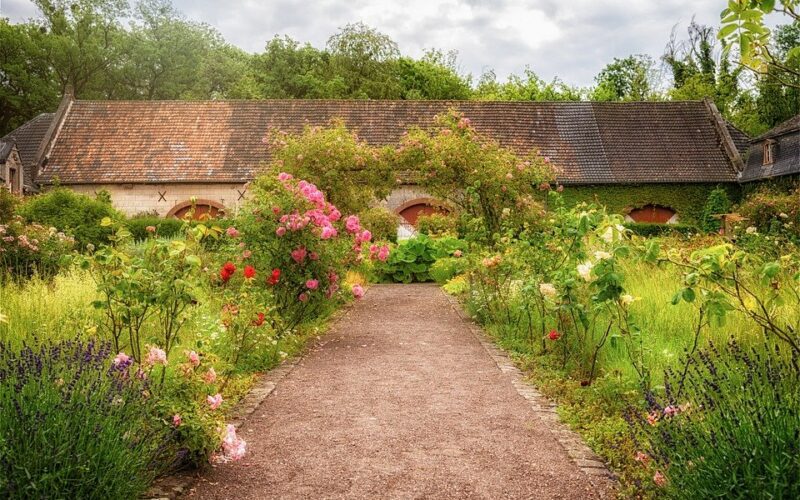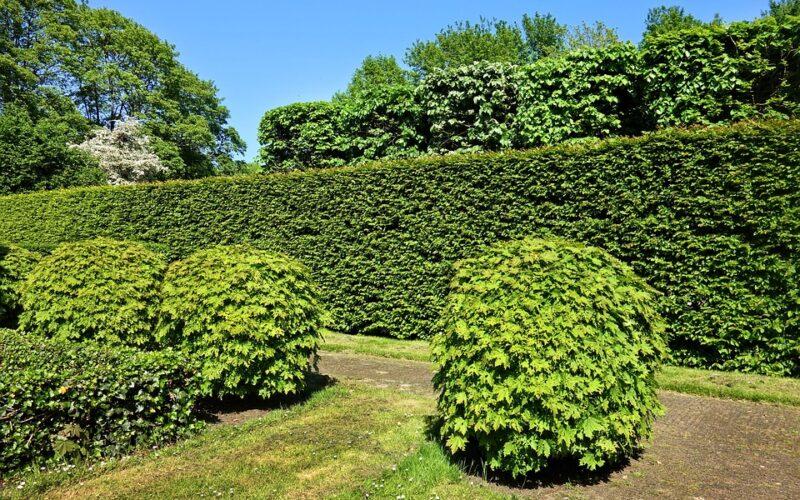The Profound Impact Of Rewilding
Environmental consciousness is sweeping across the globe, encouraging us to adopt practices beneficial to our local ecosystems. One such practice is rewilding gardens, which not only revamps our private green spaces but significantly aids local wildlife.
Inviting a diverse range of species
Rewilding creates habitats ripe for biodiversity, encouraging a wide array of wildlife to visit or reside within a garden. By allowing certain areas to grow wild, you provide essential shelter and breeding grounds for various species. As your rewilded garden flourishes, it can become a sanctuary for insects, birds, small mammals, and even amphibians, thus enhancing local ecological diversity.
Supporting pollinators for a healthier ecosystem
Pollinators like bees, butterflies, and hoverflies play a crucial role in the proliferation of plants, including those we rely on for food. A rewilded garden with native flowering plants provides food and habitat for these essential creatures, thus supporting their populations. A diverse pollinator presence can lead to a more robust and productive ecosystem, benefiting every living thing within it.
Natural pest control through predator attraction
A garden teeming with biodiversity naturally attracts predators that feed on common garden pests. Ladybirds devour aphids, while birds and hedgehogs feast on slugs and snails. By rewilding your garden and thus attracting these natural allies, you can reduce the reliance on chemical pesticides, creating a healthier environment for all inhabitants.
Creating natural corridors for wildlife
In urban and suburban areas, gardens can serve as vital green corridors, allowing wildlife to move safely between habitats. Rewilding your garden helps to create these passageways, enabling species to find new habitats, mate, and diversify their populations. This connectivity is particularly crucial for the survival of certain species in fragmented landscapes.
Increasing natural food sources
Rewilding a garden means allowing native plants to flourish, many of which are natural food sources for local wildlife. Berry-producing shrubs, seed-bearing flowers, and nectar-rich plants become a buffet for birds, insects, and mammals. This abundance of food helps sustain healthy populations and can even help species to thrive during harsh seasonal conditions.
Instilling a balance with natural rhythms
Rewilded gardens allow wildlife to live according to natural cycles without excessive human interference. This encourages the natural rhythms of growth, breeding, and predation to occur, which is vital for the long-term health of both individual species and the overall ecosystem. By aligning more closely with nature’s cycles, we contribute to a sustainable future for our local wildlife.
Through the simple act of rewilding our gardens, we can deliver profound benefits to the wildlife in our area. Not only does it make our green spaces more interesting and dynamic, but it also ties us closer to the rhythms of nature, indicating the interconnectedness of all life. With these thoughts in mind, perhaps it's time to consider a wilder approach to gardening for the sake of the environment and the creatures with whom we share this planet.








